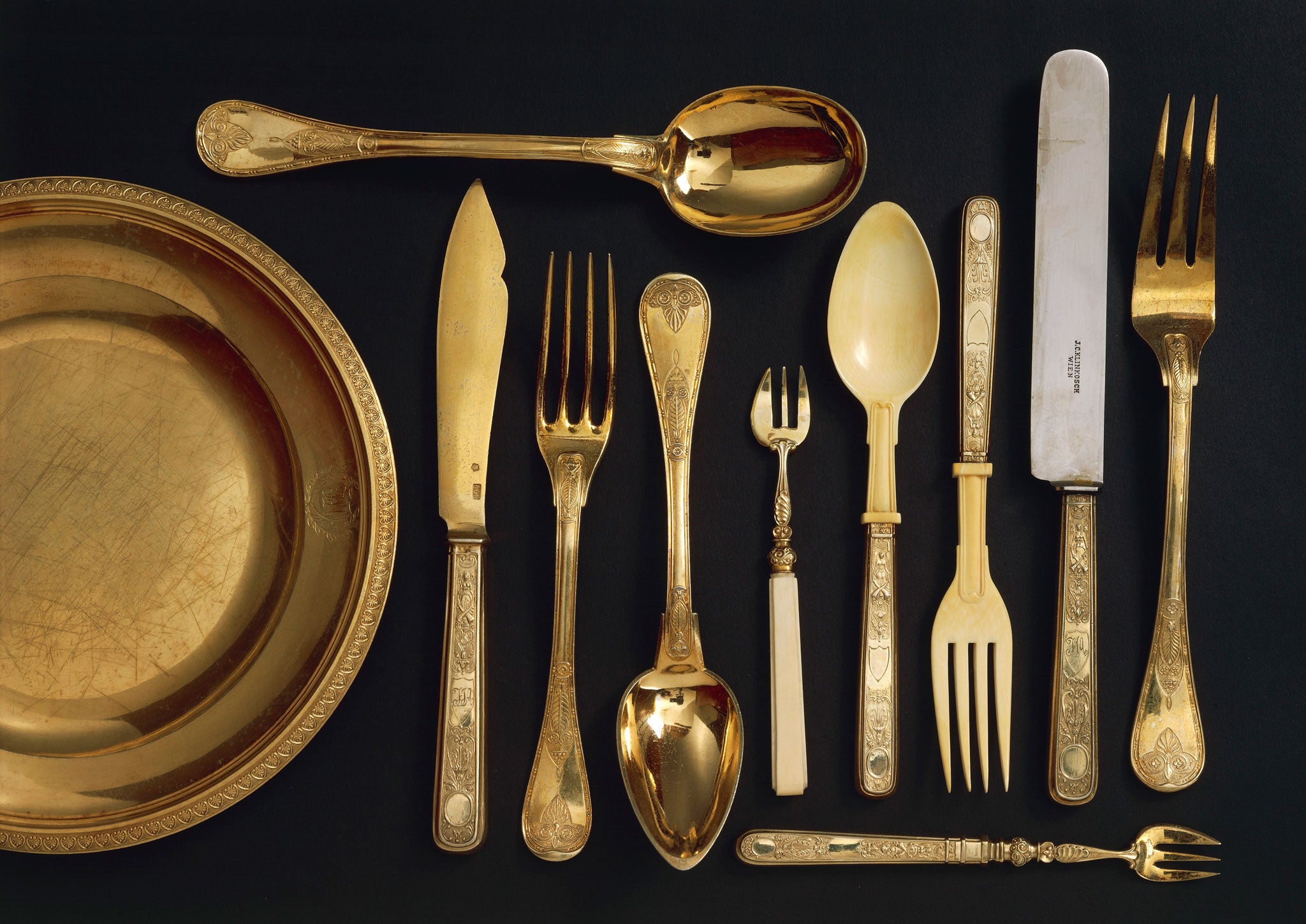Rhodri Marsden's interesting objects: The table knife
In 1637, Cardinal Richelieu ordered that all his knives must have their points filed down and rounded off

Your support helps us to tell the story
From reproductive rights to climate change to Big Tech, The Independent is on the ground when the story is developing. Whether it's investigating the financials of Elon Musk's pro-Trump PAC or producing our latest documentary, 'The A Word', which shines a light on the American women fighting for reproductive rights, we know how important it is to parse out the facts from the messaging.
At such a critical moment in US history, we need reporters on the ground. Your donation allows us to keep sending journalists to speak to both sides of the story.
The Independent is trusted by Americans across the entire political spectrum. And unlike many other quality news outlets, we choose not to lock Americans out of our reporting and analysis with paywalls. We believe quality journalism should be available to everyone, paid for by those who can afford it.
Your support makes all the difference.* You could try stabbing someone to death with a table knife, but there'd be no point. Ha! But seriously, folks, you'd be very unlucky to be killed with a table knife, and for this we can thank the civilising instincts of Cardinal Richelieu. This week in 1637, the noted clergyman and chief minister to Louis XIII ordered that all his knives must have their points filed down and rounded off. Cutlery drawers across the Western world would, in time, feel the shuddering impact of his decision.
* Richelieu was a stickler for table etiquette. The story goes that he once exposed an imposter pretending to be a nobleman by observing the uncouth way he dealt with a plate of olives, but it was the use of knives at dinner that particularly irked him. The practice of reaching across the table, stabbing things with a knife and raising them to the mouth was one thing, but the postprandial habit of picking one's teeth with a knifepoint finally caused Richelieu to snap. According to a 1975 exhibition catalogue from New York's Metropolitan Museum of Art, "even as distinguished a guest as Chancellor Séguier" was prone to doing it. Richelieu wanted it stamped out.
* Polite society followed Richelieu's lead. This change may have been accelerated by the acceptance of the humble fork; for years the fork had been regarded with suspicion or mocked as useless, but finally it was acknowledged as being pretty good at stabbing items of food. In 1669, Louis XIV banned pointed knives altogether in an attempt to curb excessive violence, both on the street and domestically; as a consequence, the old-style pointy knife would no longer have a place at the dining table, either in Europe or the new American colonies. (Unless, presumably, you were eating a steak).
Join our commenting forum
Join thought-provoking conversations, follow other Independent readers and see their replies
Comments